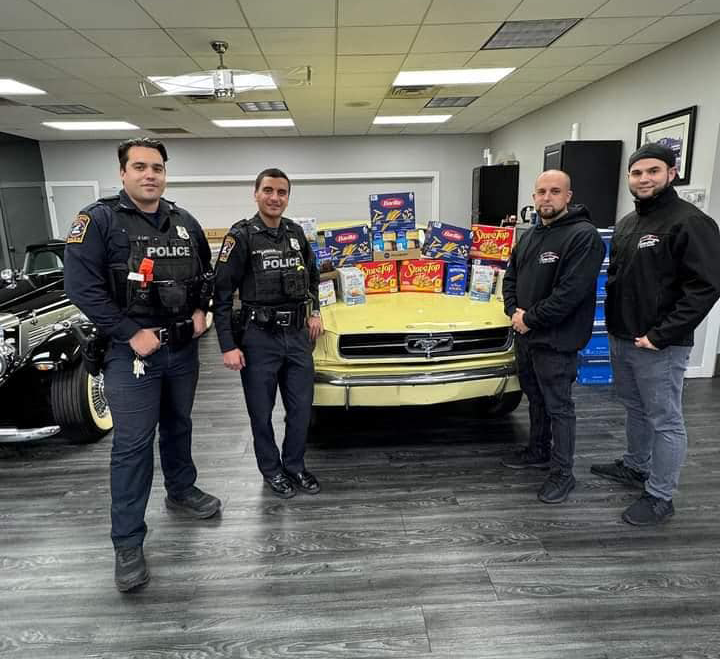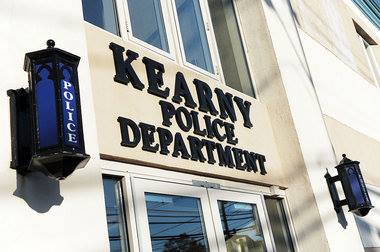
Town ordinances drafted in 1889 founded the Kearny Police Department. The original department structure consisted of Chief William Tolen, two sergeants, and eight patrolmen, or chancemen. A patrolman was a permanently sworn member of the department, while a chanceman was appointed for a specific time period. Until the 1920s it was not uncommon for a department member to serve what amounted to an internship as a chanceman for a period of 1 to 5 years before earning permanent appointment as a patrolman. Patrolmen worked three shifts at that time: 5am-1pm, 1pm-9pm, 9pm-5am plus one man who filled a 7-day shift from 4am-9am.
In 1920, Walter Oliver was promoted from captain to chief of police replacing the retiring William Tolen. The department had grown to approximately 40 officers including 2 captains, 4 lieutenants, and 6 sergeants. The Kearny Police had become a genuine 24 hour-a-day, 7 day-a-week operation. In 1924, Chief Oliver retired and was replaced by Philip T. Bell. During 1929 to 1930, Chief Bell concurrently served a term as the president of the International Association of Chiefs of Police. By the time of Bell’s death in 1939, and Oliver’s in 1940, their small 11-man department had grown to 85 men and included full time patrol of the industrial section of Town known as South Kearny.
John Helmsley became the next chief, retiring in 1953. The Department had a large Civilian Reserve Corps during World War II that kept a vigilant presence in South Kearny, protecting the shipyards located there against acts of sabotage and terrorism. Chiefs Carl Berg, James Hanna, and Fred Wandras each served as chiefs in succession through the balance of the decade.

It was under the stewardship of Fred Wandras that the department grew into a 100-man force. During the turbulent 1960s the department was guided by Wandras, J. Walter Davey, John Perry Jr. and Paul Mulligan as chiefs of police, in that order. Mulligan served through 1977 during which time the force grew to 125 men. Chief Chester Potter then replaced mulligan.
Potter was chief until April of 1980 when, Chester Bielski replaced Potter in an acting capacity to guide the department through a turbulent time. Bill Comer was later named permanent chief and served until 1983 when Bielski again took the reigns as chief. Under Chief Bielski, the department was at its all-time high of 138 sworn members. The department boasted a Vice Unit, Warrant Squad, fully staffed Traffic Bureau, as well as large and active Patrol and Detective Divisions.
After a large number of retirements in 1994 the Town decided a restructuring of the department was needed. Many positions were eliminated through attrition and the department emerged with 101 sworn officers. It was during the time from 1994 to 1998 that KPD went through a series of short term chiefs. John O’Neill, Thomas Wilgus, Sr., and Thomas “Tim” Sharples filled the office until Chief John Dowie assumed command in February 1998. Chief Dowie would lead the department honorably until his retirement on December 1, 2017. During Chief Dowie’s tenure the Town of Kearny would enjoy some of its lowest crime rates in modern history.
The Department of over 100 sworn officers is currently under the command of Chief Scott Macfie. It is poised to address the needs and concerns of Kearny citizens well into the future and remains committed to maintaining low crime rates and an admirable reputation for service.